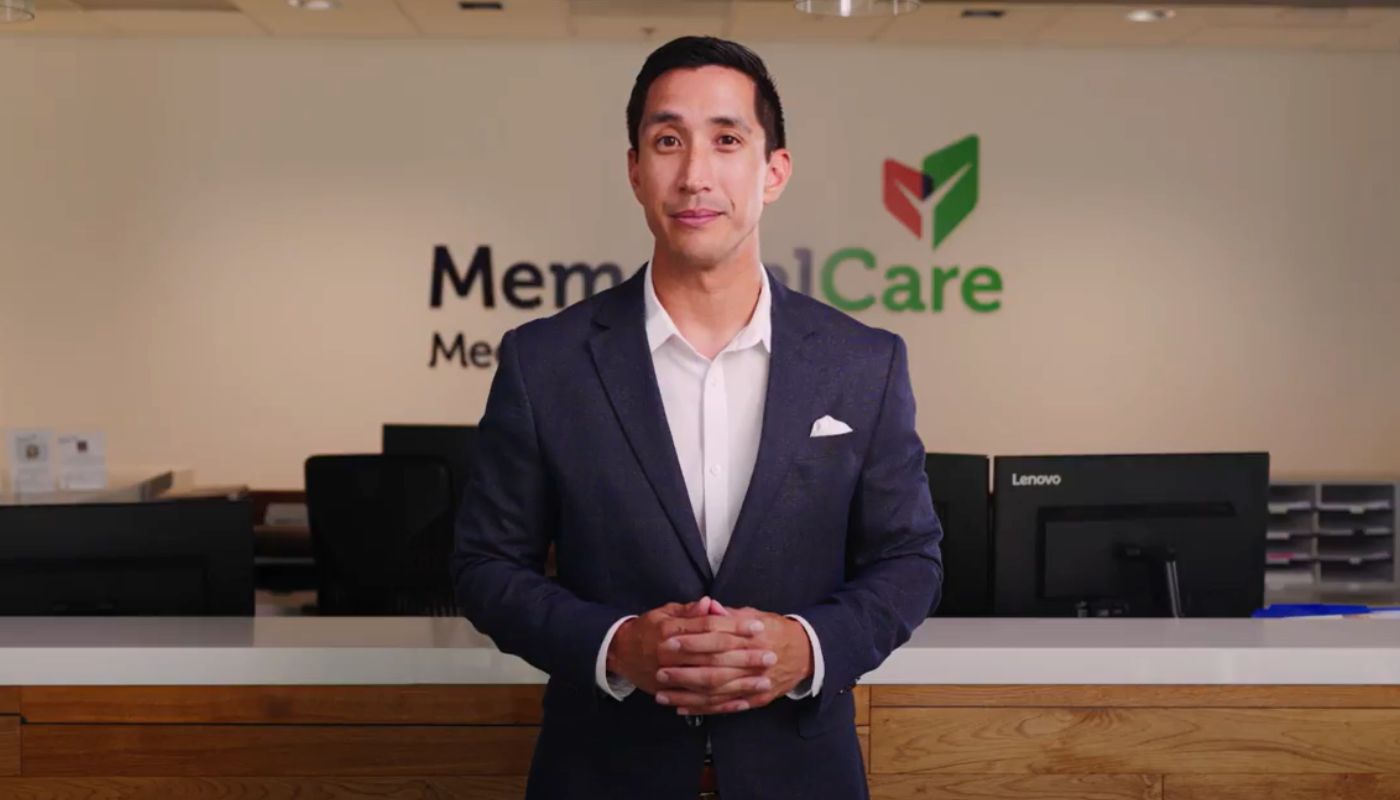Have Questions About Open Enrollment? We're Here to Answer.
Navigating open enrollment can be confusing. Don't worry, we're here to guide you through the process. Find answers to frequently asked questions below.
Open Enrollment FAQ's
Open enrollment is a short period that occurs annually when one can choose a new medical plan or make changes to an existing plan for themselves and their families.
If you get your health insurance through your workplace, your employer will set the dates of your open enrollment period. Usually, it occurs in the fall, with your new plan starting in January of the following year.
If you are on Medicare, your annual enrollment period is October 15 to December 7 every year.
For Covered California, the open enrollment period generally occurs from November 1 through the end of January the following year.
You are generally locked into the plan you selected for you and your family for the year unless you have a qualifying event. A qualifying event is a unique situation in your life that allows you to change your benefits. Examples of qualifying events include a change in employment status and changes in family status (like marriage, divorce, birth of a new child and other things).
In most cases, you’ll have a choice between choosing a Health Maintenance Organization plan (known as an “HMO”) or a Preferred Provider Plan, also known as a “PPO.” Here are the main differences:
- With an HMO plan, you are required to choose a primary care doctor. Your doctor will manage most of your care needs, but if you ever need to see a specialist, your doctor must refer you to one. HMOs tend to be the most cost-effective option.
- With a PPO plan, you generally are not required to choose a primary care doctor. You are free to see a specialist without a referral. While there is more flexibility and choice in a PPO plan, they tend to be more expensive. You should be aware that even a PPO plan may have a defined network of preferred providers and cost you more if you see an out-of-network provider.
- Available Providers and Locations – If you and your family like using certain doctors or getting care in certain locations, make sure they are “in-network” for the plan you choose. You can verify this information from the health plan. If they are not “in-network,” you will have to pay more money out-of-pocket to continue seeing or using them.
- Cost – The amount you pay each month, aka your “premium” will vary depending on the plan you choose and the number of people who will be covered, such as your spouse and children. Also, pay attention to:
- Copays – which you have to pay each time you see a provider; and
- Deductibles – which is the amount you have to pay for covered services before your health plan begins covering your medical costs. Your copays generally do not count toward meeting your deductible requirement.
- Other Services Offered – Some plans offer expanded services such as virtual health, mental health services, and fertility services (if you’re looking to start a family). Make sure you fully understand all the resources offered by the plan you’re interested in.
We hope you found this information helpful. While it’s important to choose the right plan, it’s even more important to choose the right care team.
At MemorialCare, we have over 300+ Primary Care Providers and 2,000+ specialists to choose from. Our network includes four hospitals – including a dedicated pediatric hospital (one of only 8 in the state of California), and the region’s largest network of outpatient centers for primary care, urgent care, surgery, imaging, women’s health, physical therapy, and more. We also offer 24/7 virtual care so you can get the care you need from the comfort of your home.
